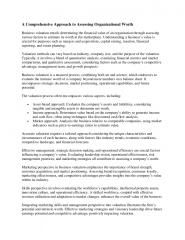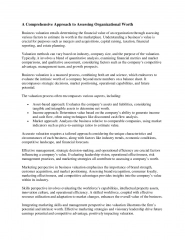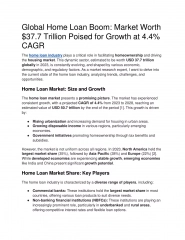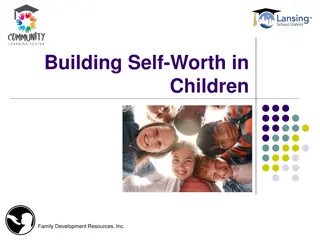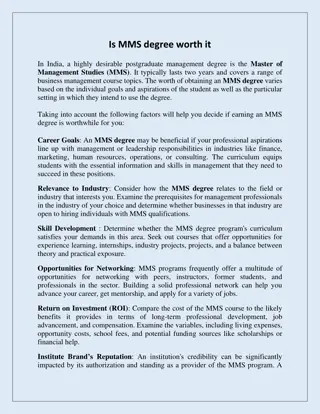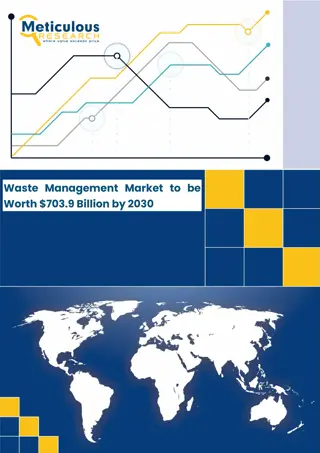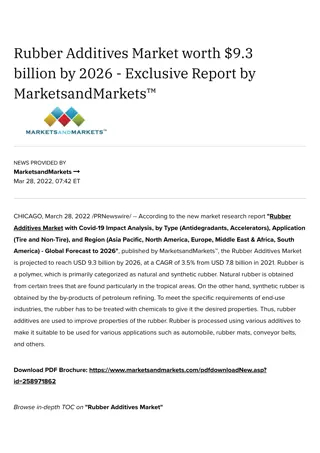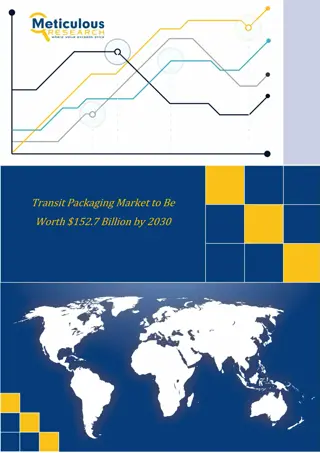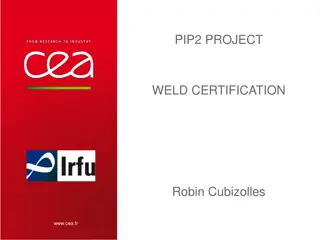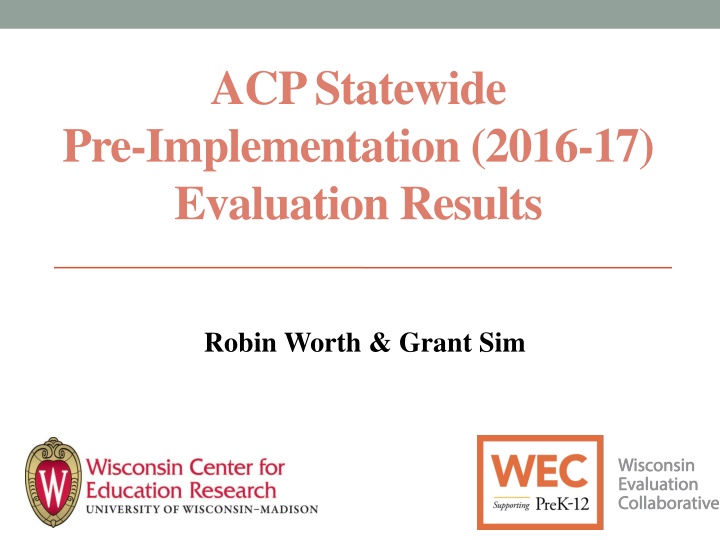
Transformative Evaluation Support for ACP Statewide Pre-Implementation Results
Discover the insightful evaluation results of ACP Statewide Pre-Implementation in 2016-17 by Robin Worth & Grant Sim. Learn about the mission, background, 3-year evaluation plan, evaluation questions, and general findings. Gain valuable insights into the readiness and progress of ACP implementation across the state.
Download Presentation

Please find below an Image/Link to download the presentation.
The content on the website is provided AS IS for your information and personal use only. It may not be sold, licensed, or shared on other websites without obtaining consent from the author. If you encounter any issues during the download, it is possible that the publisher has removed the file from their server.
You are allowed to download the files provided on this website for personal or commercial use, subject to the condition that they are used lawfully. All files are the property of their respective owners.
The content on the website is provided AS IS for your information and personal use only. It may not be sold, licensed, or shared on other websites without obtaining consent from the author.
E N D
Presentation Transcript
ACP Statewide Pre-Implementation (2016-17) Evaluation Results Robin Worth & Grant Sim
2 Mission: Transformative evaluation support in direct response to the needs of PK-12 educators and policymakers. Conduct high-quality evaluations Build evaluation capacity Wisconsin Evaluation Collaborative Transform practice Foster a community of evaluators
3 BACKGROUND
4 ACP 3-Year Evaluation Plan 1. Pilot Phase (2015-16) 2. Statewide Pre-Implementation (2016- 17) 3. Outcomes (Statewide Implementation 2017-18)
5 Evaluation Questions 1. How have last year s pilot districts followed up on their pilot activities? 2. What is the level of readiness across the state for ACP implementation in 2017-18? 3. What are students perceptions about ACP? 4. What are parent/family perceptions of ACP? 5. How are CESA partners serving districts around ACP? 6. What is the current state of ACP outcomes across the state?
6 Mixed Methods Evaluation Interviews former pilot district ACP coordinators CESA ACP coordinators Survey statewide building leaders Focus groups Educators (at ACP trainings across all 12 CESAs) Students (8th and 11th graders across 4 districts) Parents (in same 4 districts) Baseline data for outputs and outcomes
7 THIS YEAR S FINDINGS (2016-17)
8 General Findings by Evaluation Question 1. How have last year s pilot districts followed up on their pilot activities? Progress among pilot schools varied: All have some degree of infrastructure in place Half implementing to 100% of students with full implementation Half still developing ACP scope and sequence All providing PD related to staff on ACP Nearly all engaged in collaboration with other districts Noted challenge: finding sufficient time for ACP work
9 General Findings by Evaluation Question 2. What is the level of readiness across the state for ACP implementation in 2017-18? Infrastructure components: 75% have ACP leadership team in place 54% have dedicated ACP time in the schedule for at least some students, 26% for all students 42% have readiness assessment/gap analysis 46% have implementation plan 37% have communication plan 26% have family engagement plan
10 General Findings by Evaluation Question 2. What is the level of readiness across the state for ACP implementation in 2017-18? Awareness and Knowledge:
11 General Findings by Evaluation Question 2. What is the level of readiness across the state for ACP implementation in 2017-18? ACP Buy-In:
12 General Findings by Evaluation Question 3. What are students perceptions about ACP? Purpose of ACP: Preparing for one s future, not just preparing for college Value of ACP: Nearly all agreed with ACP value overall Different opinions of ACP individual components: More value: resume writing, personal finance, apprenticeships and hands-on career exploration Less value: soft-skill work Varied: dedicated time for ACP delivery Suggestion: ACP should be rigorous and personalized
13 General Findings by Evaluation Question 4. What are parent/family perceptions of ACP? Limited ability to obtain these perceptions Families generally don t know much about it yet Mixed opinions on level of ACP engagement Many wanted increased communication regarding ACP practices
14 General Findings by Evaluation Question 5. How are CESA partners serving districts around ACP? At least 77 trainings serving around 75% of districts in each CESA through a variety of means Topics varied: ACP basics, team work time, Career Cruising, collaboration with other districts Training needs: Increasing buy-in, incorporating ACP in regular curriculum, core content teacher training
15 General Findings by Evaluation Question 6. What is the current state of ACP outcomes across the state? Outputs examined: Advanced course enrollment, AP/IB enrollment Short-term outcomes examined: Attendance rate, suspension rate Intermediate-term outcomes examined: ACT college readiness, ACT WorkKeys career readiness, AP exam pass rates, drop-out rates, post-secondary enrollment Will strive to include others based on data availability
16 Key Findings Administrator buy-in is key to program success. Some teachers still resist ACP based on fears of increased workload and lack of expertise.
17 Key Findings Some stakeholders are uncertain and suspicious about the future of ACP, compliance and monitoring. Educators value the opportunity to share materials and strategies for ACP across districts.
18 Key Findings Students value ACP programming and want it to be rigorous, encompassing, and personalized. Students often do not see the full reach of ACP outside of dedicated ACP time. Parents knowledge of ACP is generally low; parents want to know what they can do to better support their children.
19 Key Findings Districts experience difficulties in sharing knowledge about ACP with local and regional businesses. Districts want to better understand and communicate about outcomes.
20 NEXT STEPS: STATEWIDE IMPLEMENTATION (2017-18)
21 Possible questions / areas of inquiry: What is the current level of implementation across the state? Which infrastructural processes will positively impact student outcomes? Example: How are ACP services are delivered to students, esp. school schedules and dedicated time periods. Sorting or grouping strategies? Which student ACP activities will positively impact student outcomes? What needs do districts have for local evaluation efforts? Expanded look at student and parent/family perceptions. Begin tracking output and outcome data.
22 QUESTIONS?
23 ACP Evaluation Information DPI website ACP - Quality Evaluation dpi.wi.gov/acp/quality Description of ACP statewide evaluation, phases Downloadable reports of findings
24 www.wec.wceruw.org Robin Worth robin.worth@wisc.edu Grant Sim grant.sim@wisc.edu

